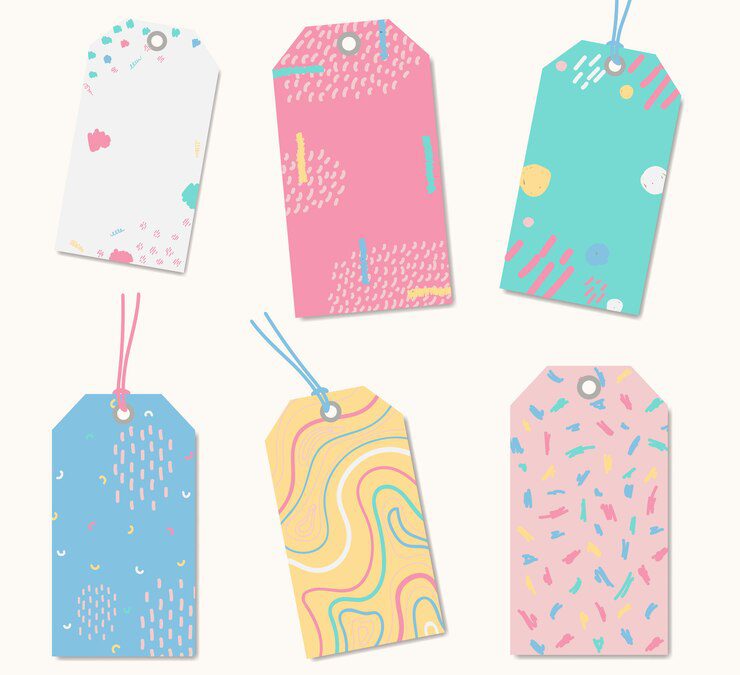In recent years, the global shift towards sustainability has become increasingly prevalent across various industries. One sector that is making significant strides in this direction is the baby clothing manufacturing industry. As consumers become more conscious of their environmental impact, there is a growing demand for sustainable and eco-friendly products, including those designed for the littlest members of our society. In this blog post, we will explore the sustainable practices adopted by private label baby clothing manufacturers and the positive impact they have on both the environment and the industry.
1. Material Selection: Choosing Earth-Friendly Fabrics
Private label baby clothing manufacturers are moving away from conventional fabrics that may have a high environmental cost. Instead, they are opting for sustainable materials such as organic cotton, bamboo, and Tencel. These materials not only have a lower environmental impact but also provide a soft and gentle touch on a baby’s sensitive skin.
2. Chemical-Free Production Processes: Protecting Our Little Ones
The production of baby clothing often involves the use of various chemicals, from dyes to finishing agents. Sustainable manufacturers are prioritizing chemical-free or low-impact dyeing processes to minimize harm to the environment and ensure the safety of infants who will be wearing the garments. Water-based dyes and natural pigments are becoming popular choices for coloring baby clothing.
3. Reducing Carbon Footprint: Energy-Efficient Manufacturing
Private label manufacturers are increasingly investing in energy-efficient technologies to minimize their carbon footprint. This includes using renewable energy sources, implementing energy-saving machinery, and optimizing production processes to reduce overall energy consumption. By doing so, manufacturers not only contribute to a healthier planet but also set a positive example for the industry.
4. Waste Reduction and Recycling: Closing the Loop
Sustainable practices extend beyond the manufacturing phase to the management of waste. Manufacturers are focusing on reducing textile waste through responsible production practices and recycling initiatives. Some companies are exploring innovative ways to repurpose textile waste, turning it into new fabrics or other usable materials.
5. Transparent Supply Chains: Building Trust with Buyers
Buyers today are more informed and conscientious about their purchases. Private label baby clothing manufacturers are responding by establishing transparent supply chains. This transparency helps consumers make informed choices, knowing the origins of the materials and the ethical practices involved in the manufacturing process.
Conclusion:
The private label baby clothing industry is evolving to meet the demands of environmentally conscious consumers. Sustainable practices, from material selection to waste reduction, are becoming integral to the manufacturing process. As consumers continue to prioritize eco-friendly options, the industry is poised to make even greater strides in the pursuit of a more sustainable and responsible future for baby clothing manufacturing. By supporting brands that embrace these practices, consumers can contribute to a healthier planet for current and future generations.



Recent Comments